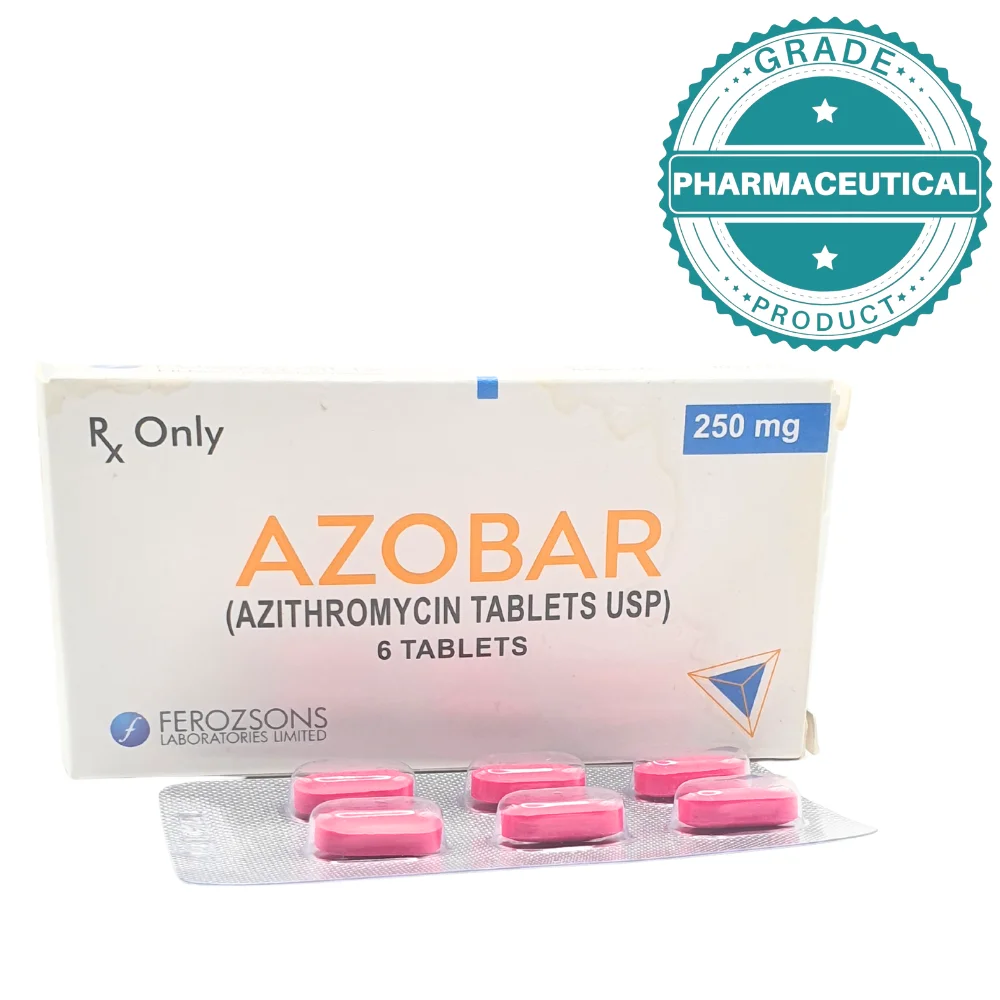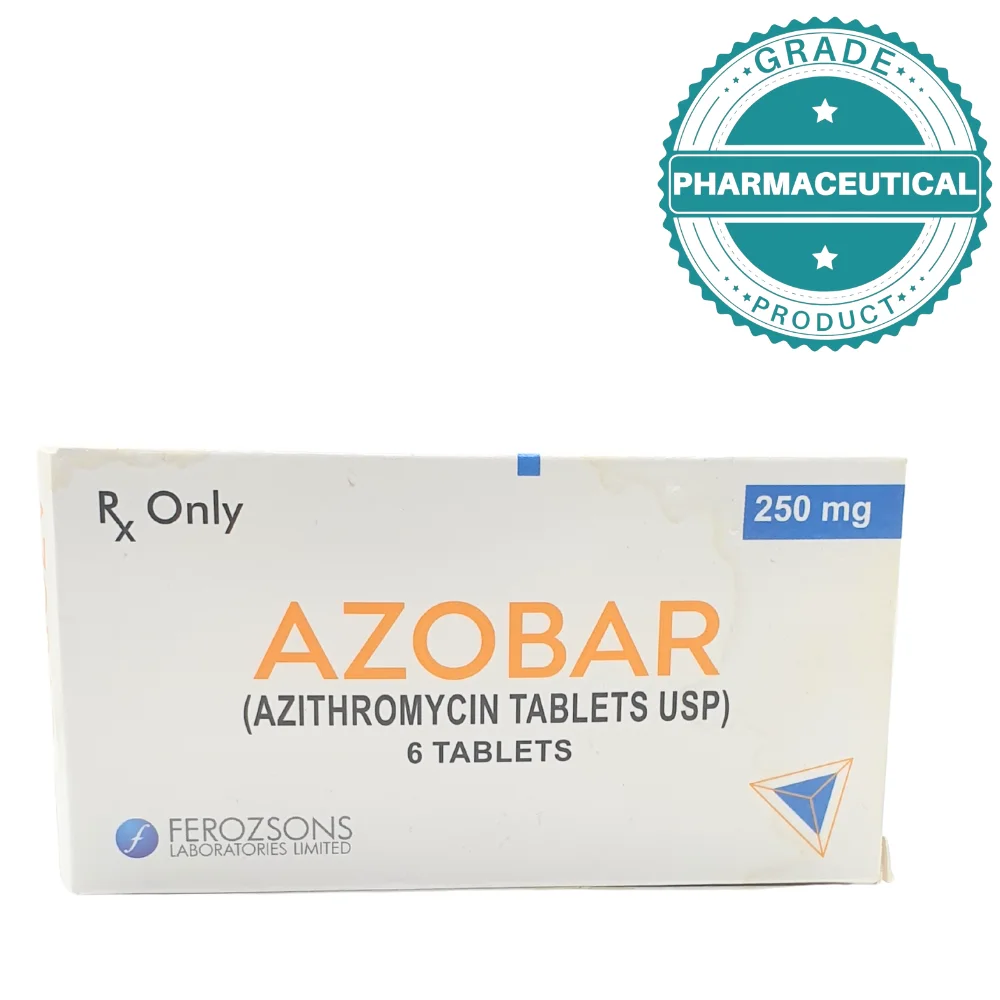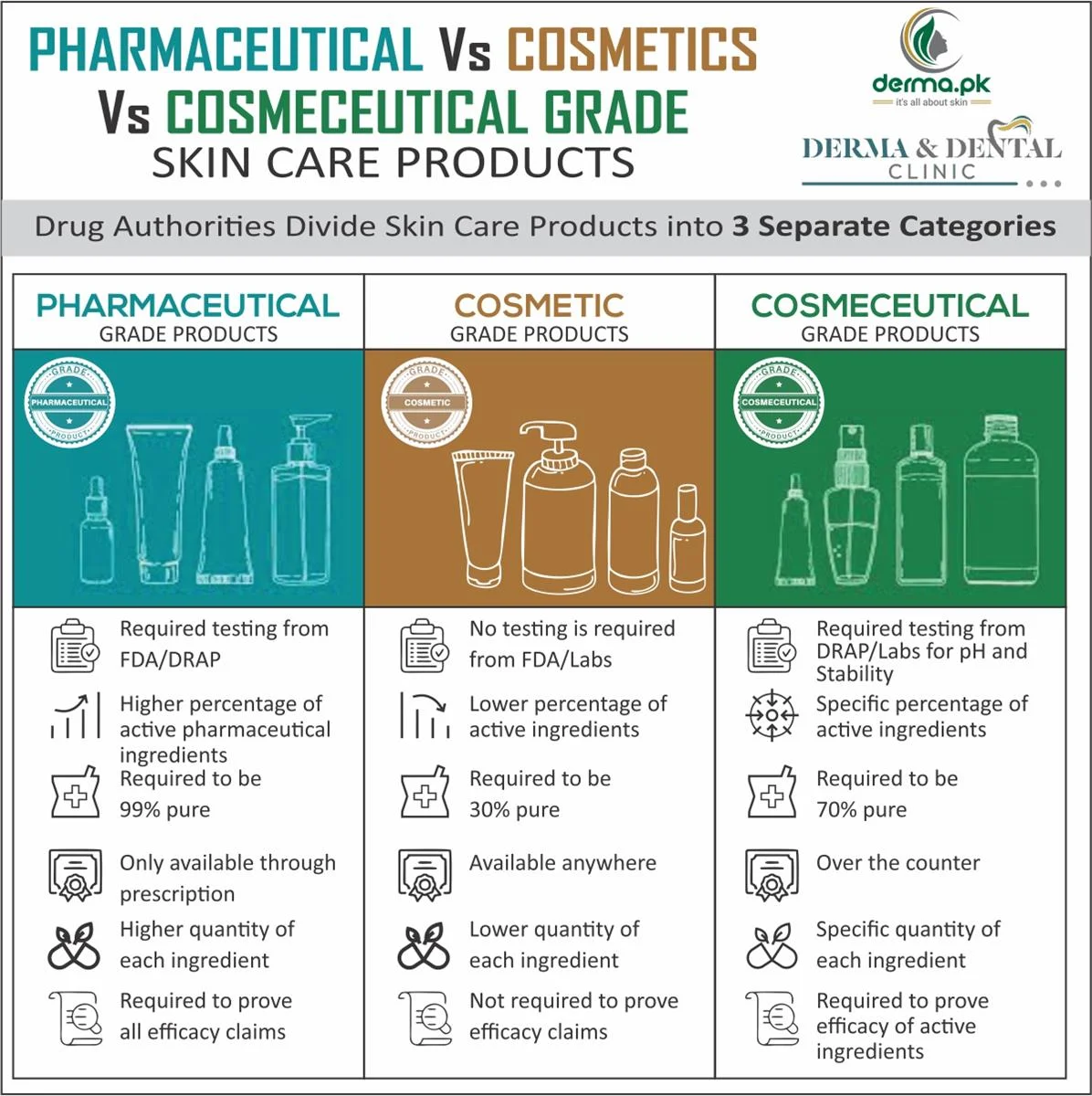Azobar: Empowering Antibacterial Defense
Description:
Azobar harnesses the anti-bacterial prowess of Azithromycin, available in tablet (Azobar 250mg and Azobar 500mg) and dry suspension (Azobar 200mg/5ml) forms. Its active ingredient, Azithromycin dihydrate, effectively combats susceptible microorganisms.
Clinical Particulars:
Therapeutic Indications: Azobar treats mild to moderate infections caused by susceptible strains of various microorganisms. In adults, it covers conditions like acute bacterial sinusitis, bronchitis exacerbations, community-acquired pneumonia, and skin infections. Pediatric applications include otitis media, sinusitis, and pneumonia.
Limitations of Use:
Patients with severe illness, cystic fibrosis, and nosocomial infections should exercise caution. Azithromycin should not substitute first-line therapy for certain conditions and is not advisable for pneumonia patients deemed inappropriate for oral therapy.
Usage Guidelines:
Only use Azithromycin to mitigate the development of drug-resistant bacteria when infections have proven or strongly suspected to originate from susceptible bacteria. Dosages and durations vary based on the specific infection and patient population.
Adverse Reactions and Warnings:
Adverse Effects: Common reactions include gastrointestinal symptoms (nausea, diarrhea), allergic reactions, hepatotoxicity, and infantile hypertrophic pyloric stenosis (in neonates). Reported effects also include prolonged cardiac repolarization, Clostridium difficile-associated diarrhea, and exacerbation of myasthenia gravis.
Warnings: Physicians should closely monitor patients for signs of allergic reactions, hepatotoxicity, and QT prolongation. Caution is advised in patients with myasthenia gravis. Azithromycin is not the primary choice for treating syphilis.
Mechanism of Action and Pharmacokinetics:
Action: Azithromycin binds to the 23s rRNA of the 50S ribosomal subunit, inhibiting bacterial protein synthesis and disrupting the assembly of the 50S ribosomal subunit.
Food influences Azithromycin’s bioavailability, resulting in low concentrations in cerebrospinal fluid. Renal impairment influences drug clearance, while the impact of hepatic impairment on it remains to be established.
Use in Specific Populations:
Limited data suggest its safety during pregnancy, and caution advises during breastfeeding. Specific age groups may lack conclusive data regarding Azithromycin’s safety in treating pediatric infections, despite its established safety in this context. Geriatric use showed no significant differences in safety between elderly and younger subjects.
How Supplied and Storage:
Azobar is available in blister packs for tablets and bottles for dry suspension. Proper storage below 30°C is essential, with expiration dates indicating product integrity.
Instructions:
Keep Azobar away from moisture, heat, light, and children. Dispensation requires a registered medical practitioner’s prescription. Always read the package insert for updated information.
Azobar serves as a versatile antibacterial solution, effectively balancing efficacy and safety across diverse patient demographics.










Umaira –
Efficient service with prompt delivery and authentic medications
Uzma –
products are well checked and long expiry dates
Dilshahad –
I love the convenience of ordering my medications from this online pharmacy.
Zaweela –
Impressive selection and fast shipping.
Mossa –
The website is easy to navigate.
Aqidah –
Competitive prices with quality products.
Habiaba –
Original medicine hub.
Maha –
Always reliable and on time.